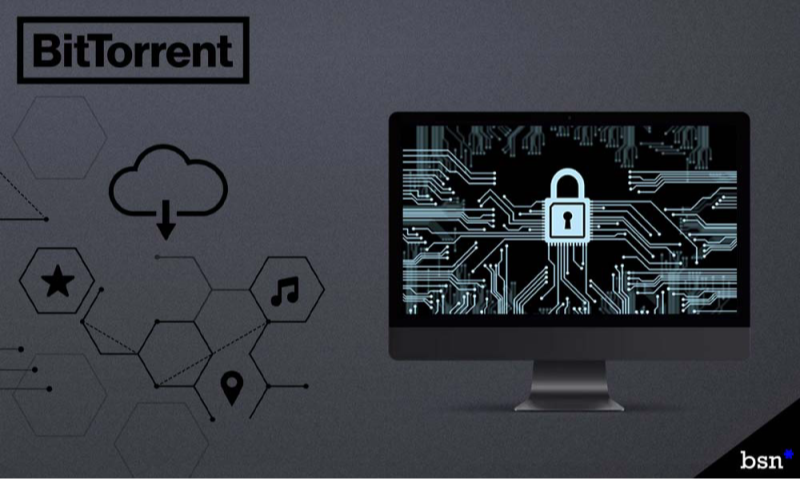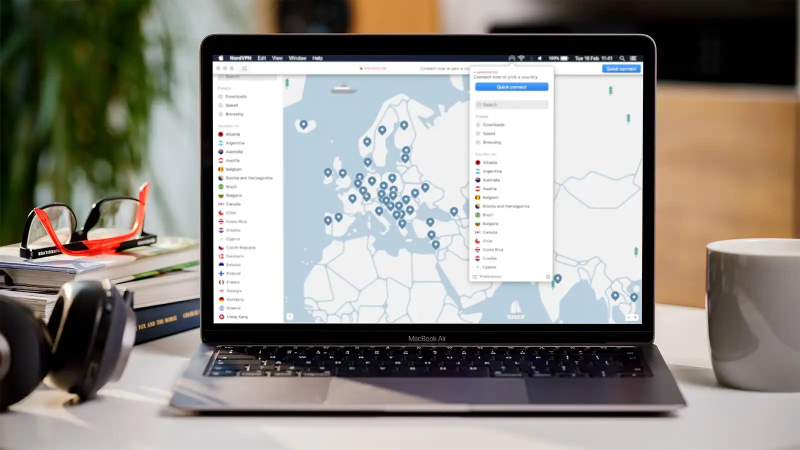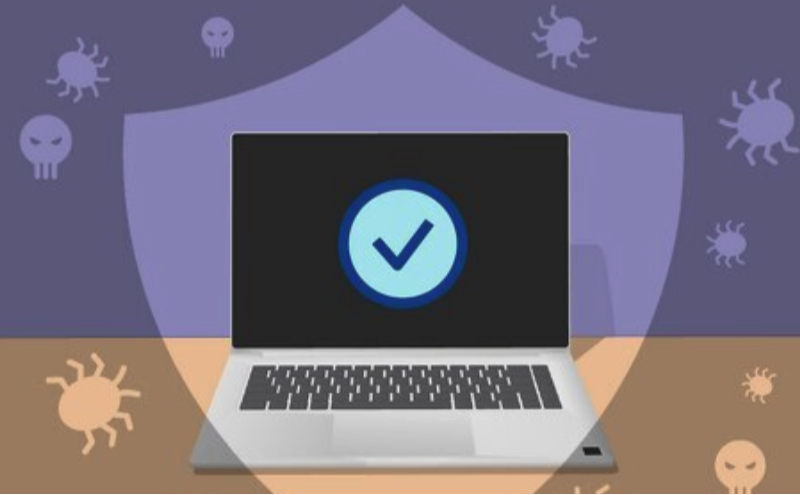What Is BitTorrent and How Does It Work?
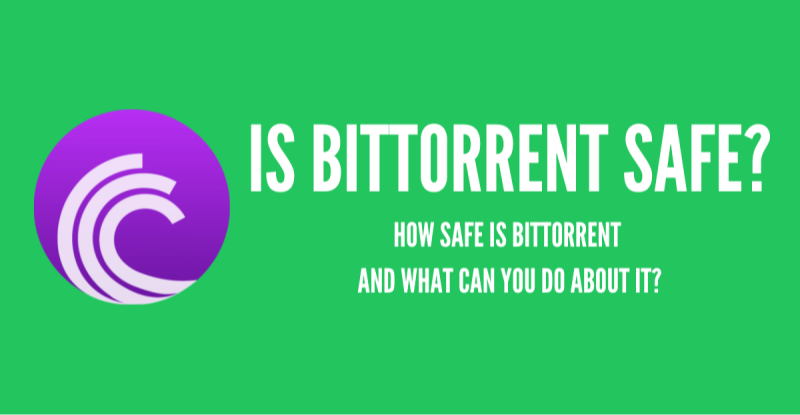
BitTorrent is a peer-to-peer protocol. It shares files by splitting them into pieces. Each user (peer) downloads pieces from others and uploads pieces they have. A torrent client (e.g., Transmission, qBittorrent) coordinates these exchanges. Peers find each other via trackers, DHT, or peer exchange. This design scales well for large files.
When wondering “is BitTorrent safe,” recall that your IP is visible to peers in the swarm. That visibility can raise privacy concerns or legal notices if you share copyrighted material. BitTorrent itself is a neutral protocol. It can distribute large legitimate files, such as Linux distributions or open-source media. It can also be used to share copyrighted content unlawfully. The protocol does not enforce legality. It simply enables distributed file sharing.
Clients verify piece integrity via checksums. This prevents corrupted data injection. Yet downloaded files may still contain harmful content if the source is malicious. Thus, knowing “is BitTorrent safe” requires understanding both the mechanics and the sources used. At the same time, UFO VPN for PC - best free VPN and free VPN for Mac - UFO VPN could be helpful. Next, we examine the main risks users face.
Is BitTorrent Safe? Common Risks and Privacy Concerns
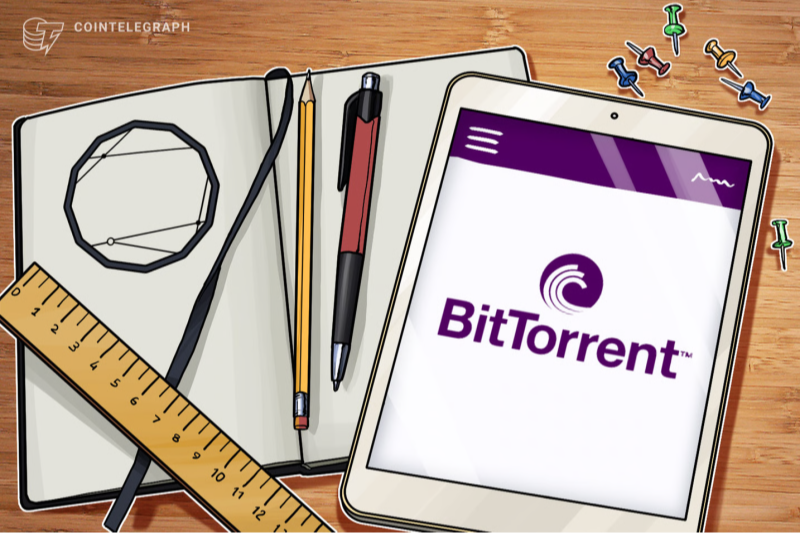
Directly addressing “is BitTorrent safe,” consider these key risks:
-
IP Exposure
-
In a torrent swarm, each peer’s IP is visible. This can expose your approximate location.
-
Some trackers log IP addresses. Rights holders may monitor swarms and send notices.
-
To mitigate privacy risk, use a VPN for BitTorrent. A BitTorrent VPN hides your real IP behind the VPN server’s IP.
-
-
Malware in Torrents
-
Downloading from untrusted sources may deliver malware. Even if the client discards corrupted pieces, a torrent might include harmful executables.
-
To reduce risk, always verify torrent origin: check comments, ratings, and checksums when available.
-
-
ISP Throttling or Blocking
-
Many ISPs detect torrent traffic patterns and throttle or block connections. This affects speed and reliability.
-
free proxy VPN - UFO VPN can mask traffic type and help avoid throttling or blocks.
-
-
Legal Exposure
-
Sharing or downloading copyrighted content without permission is illegal in many regions.
-
While a VPN for BitTorrent hides your IP, it does not legalize illegal sharing. Always confirm content legality.
-
-
DNS and IPv6 Leaks
-
Even when using a VPN, misconfigured DNS or active IPv6 can leak requests outside the encrypted tunnel.
-
Leaks can reveal your activity or IP. Proper VPN configuration and leak protection are vital.
-
-
Client Vulnerabilities
-
Outdated torrent clients may have security flaws. Attackers could exploit remote-access features or bugs.
-
Regular updates and secure settings help maintain safety.
-
-
Network Attacks
-
Malicious peers can attempt to disrupt swarms or deliver harmful payloads. The client verifies data, but post-download risk remains.
-
Using antivirus or sandboxing downloaded files adds protection.
-
Understanding these risks clarifies why readers ask “is BitTorrent safe.” The protocol itself is not inherently unsafe, but user choices and configurations determine actual safety. Next, we cover concrete steps to use BitTorrent safely, including VPN use and client settings.
How to Use BitTorrent Safely

1. Use a VPN for BitTorrent
A VPN hides your real IP and encrypts all traffic. It helps answer “is BitTorrent safe?” positively by protecting privacy and avoiding ISP blocks. For a reliable service, consider UFO VPN:
-
Download UFO VPN for BitTorrent
-
Step 1Download UFO VPN for WindowsGrab the free Windows VPN installer right below. UFO VPN is lightweight and secure on all Windows systems. Double-click the downloaded file and complete the installation. Once installed, launch UFO VPN.
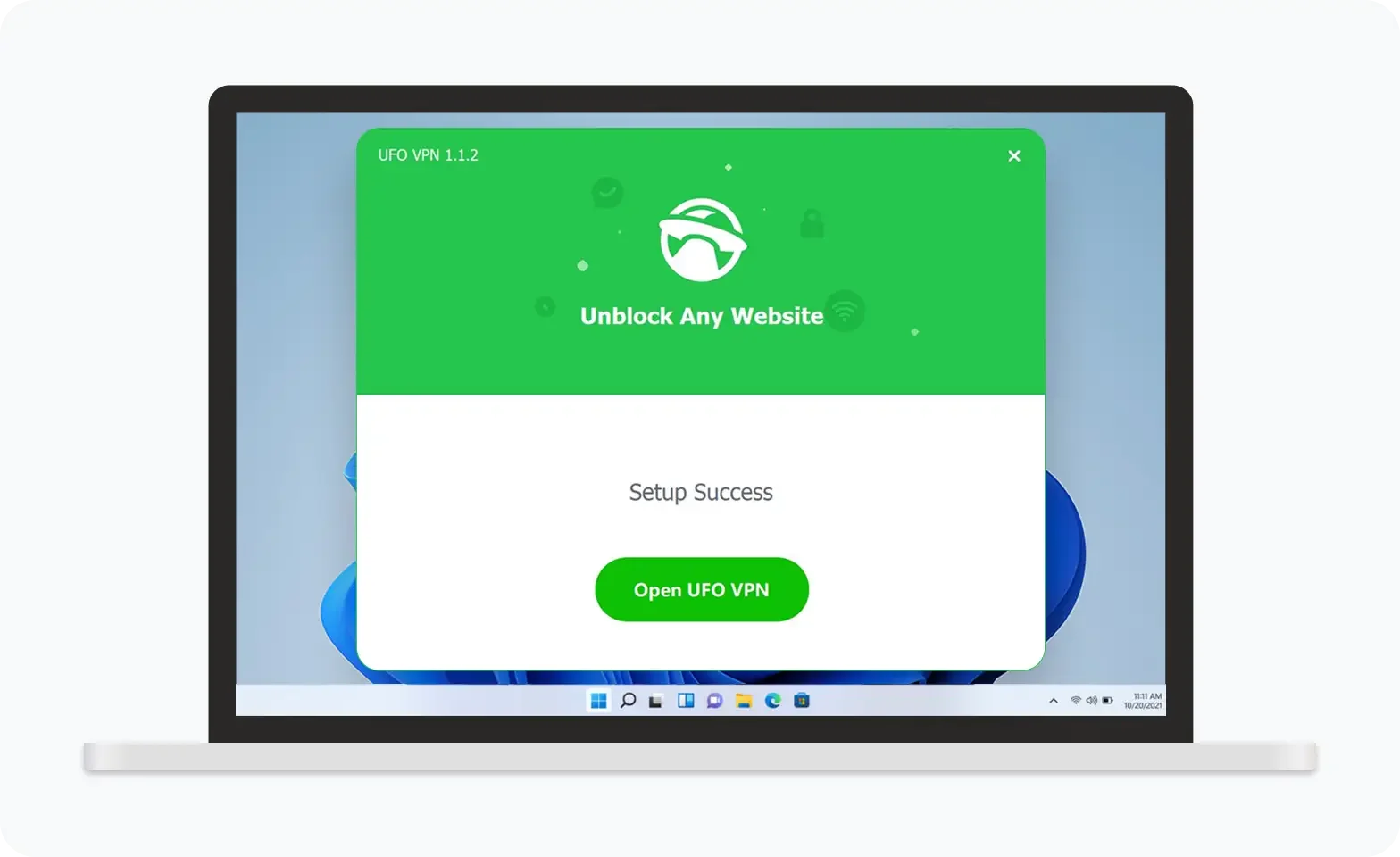 Step 2Select a VPN ServerInside the app, you can click the "Connect" button for quick connection, or browse the list of servers by Location or categroy: Video& Stream, Game, etc. Choosing the right server ensures fast speeds and smooth access.
Step 2Select a VPN ServerInside the app, you can click the "Connect" button for quick connection, or browse the list of servers by Location or categroy: Video& Stream, Game, etc. Choosing the right server ensures fast speeds and smooth access.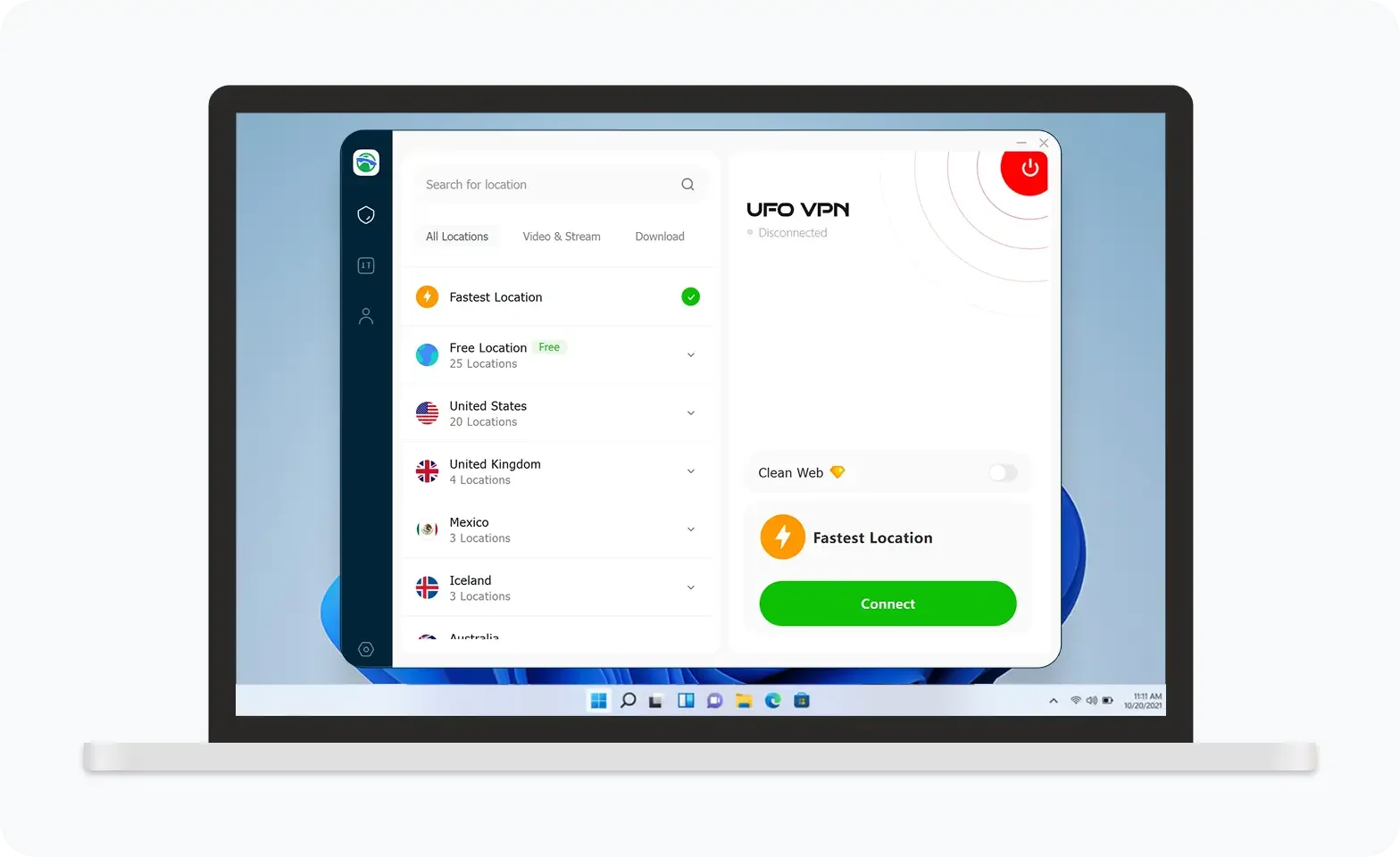
UFO VPN is an all-in-one VPN that offers unlimited access to 4D streaming like Netlfix, Disney Plus, no-ping gaming as PUBG, Roblox, CODM and social networking for YouTube, X, Facebook and more.
Step 3Enable Advanced FeaturesIn addition to basic functions, we recommend you turn on extra protections via Ad Blocker and features like Kill Switch, Split Tunneling and Smart Hop. Users can optimize online gaming/streaming/chatting as much as possible.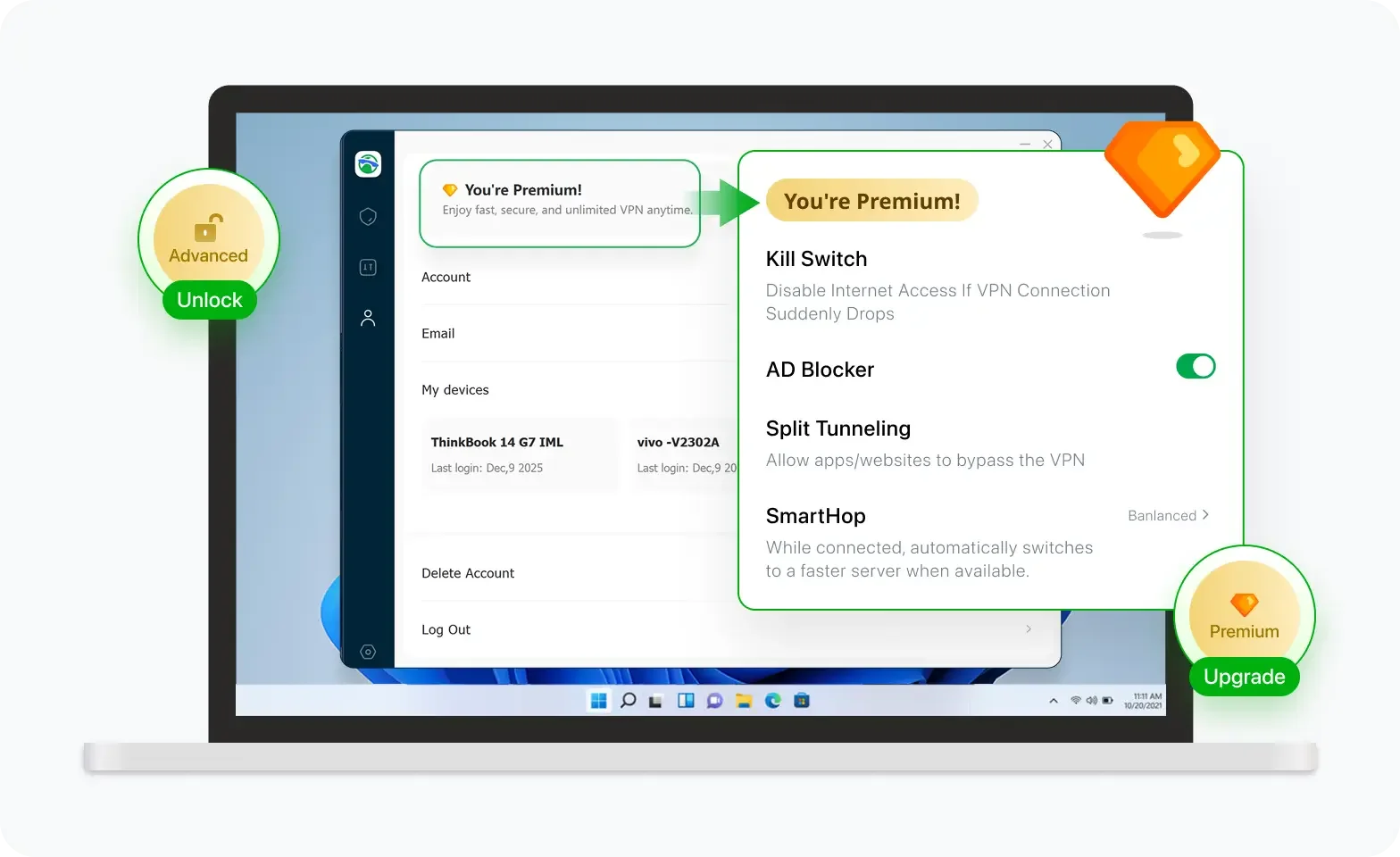 Step 4Check Your New IPUse UFO VPN's built-in " What is My IP" feature to see your new IP address and location. This confirms your VPN is working, hides your real IP, and ensures privacy while browsing.
Step 4Check Your New IPUse UFO VPN's built-in " What is My IP" feature to see your new IP address and location. This confirms your VPN is working, hides your real IP, and ensures privacy while browsing.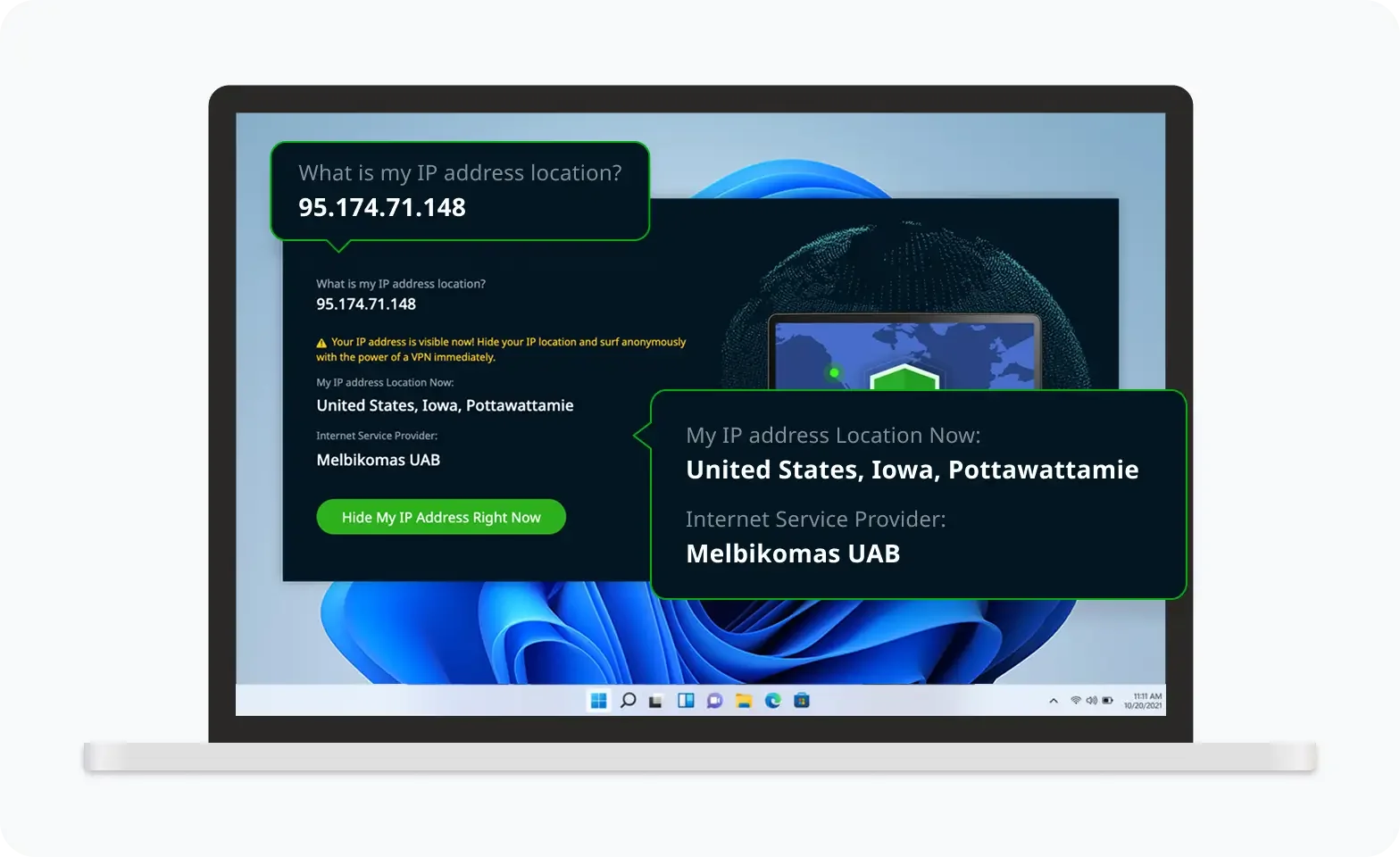 Step 1 Download and install UFO VPN for macOSClick the button below to download offcial Mac VPN free. Open the .dmg file, drag UFO VPN to your Applications folder, and launch it. You're just a few clicks away from secure browsing.
Step 1 Download and install UFO VPN for macOSClick the button below to download offcial Mac VPN free. Open the .dmg file, drag UFO VPN to your Applications folder, and launch it. You're just a few clicks away from secure browsing.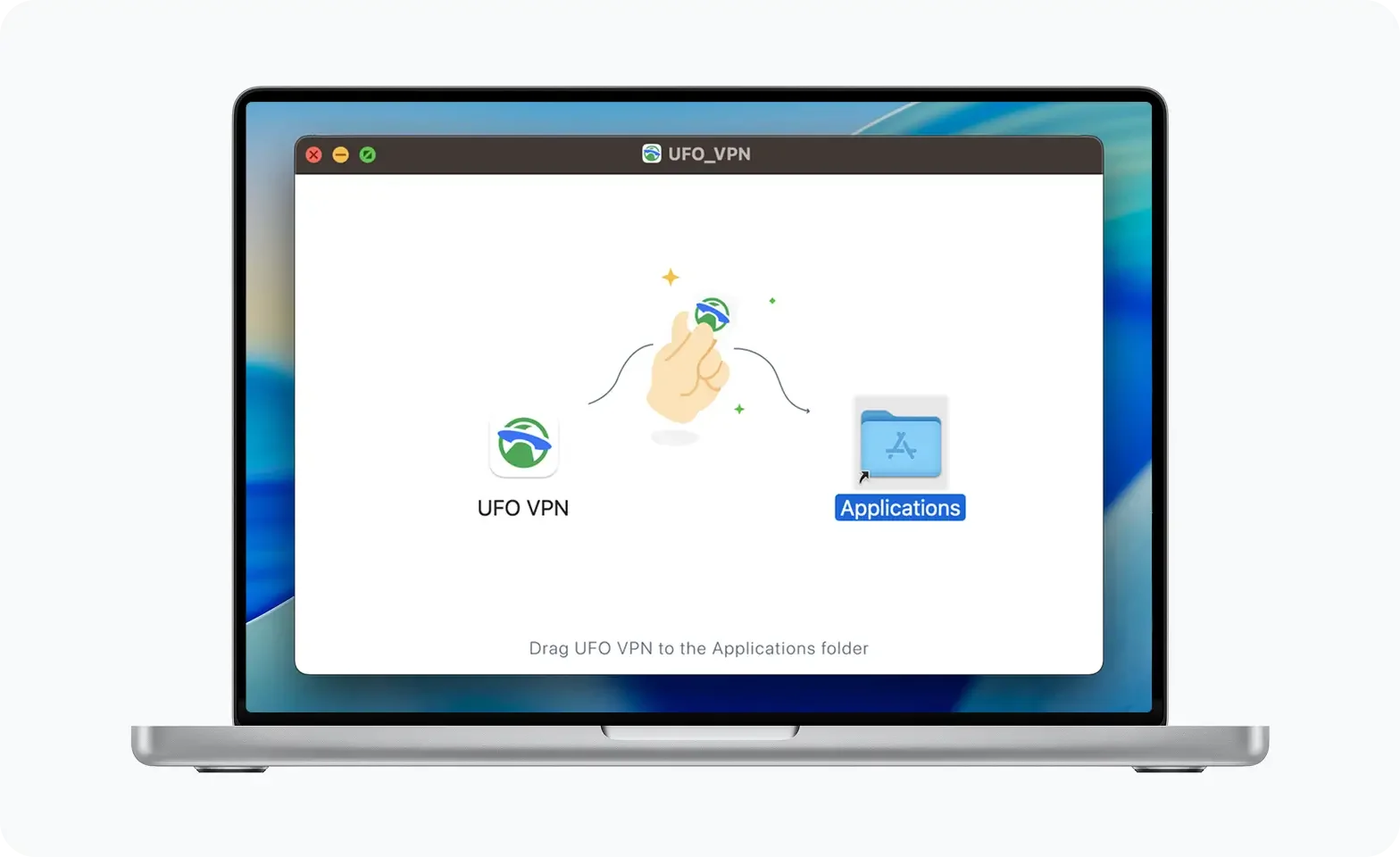 Step 2 Pick Your IP ServerTap "Connect" button for the fastest server automatically. Or you can select a server from the global server list in 100+ countries. UFO VPN is an UFO VPN is an all-in-one VPN or gaming, video streaming, social platforms, and AI tools.
Step 2 Pick Your IP ServerTap "Connect" button for the fastest server automatically. Or you can select a server from the global server list in 100+ countries. UFO VPN is an UFO VPN is an all-in-one VPN or gaming, video streaming, social platforms, and AI tools.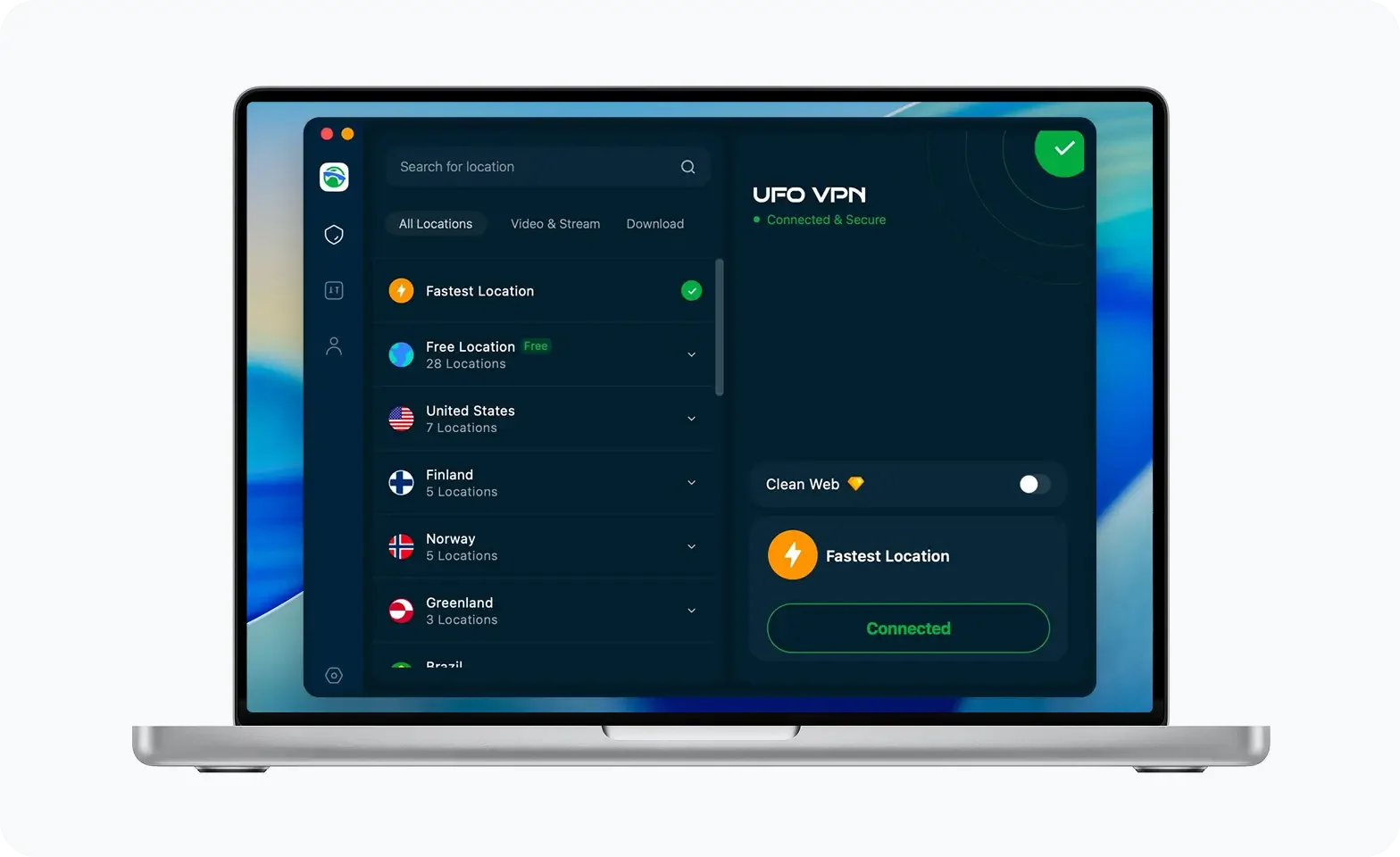 Step 3
Step 3Unlock Pro Features
If you have upgraded to premium plan , feel free to enjoy premium servers for 4K streaming and advanced features like Kill Switch, Split Tunneling, and gaming acceleration. Your Mac is now fully optimized and protected. Inaddition to basic functions, we recommend you turn on
 Step 4
Step 4Verify Your IP Now
Use UFO VPN's " What is My IP " feature to see your new IP and location. This confirms your connection is secure, anonymous, and ready for safe browsing online anywhere at any time.
 Step 1 Download and install UFO VPN for iPhone/iPadDownload this free iOS VPN via official link or App Store. Once installed, launch the app to get started. UFO VPN is now trusted by over 2 million users worldwide with optimzed service.
Step 1 Download and install UFO VPN for iPhone/iPadDownload this free iOS VPN via official link or App Store. Once installed, launch the app to get started. UFO VPN is now trusted by over 2 million users worldwide with optimzed service.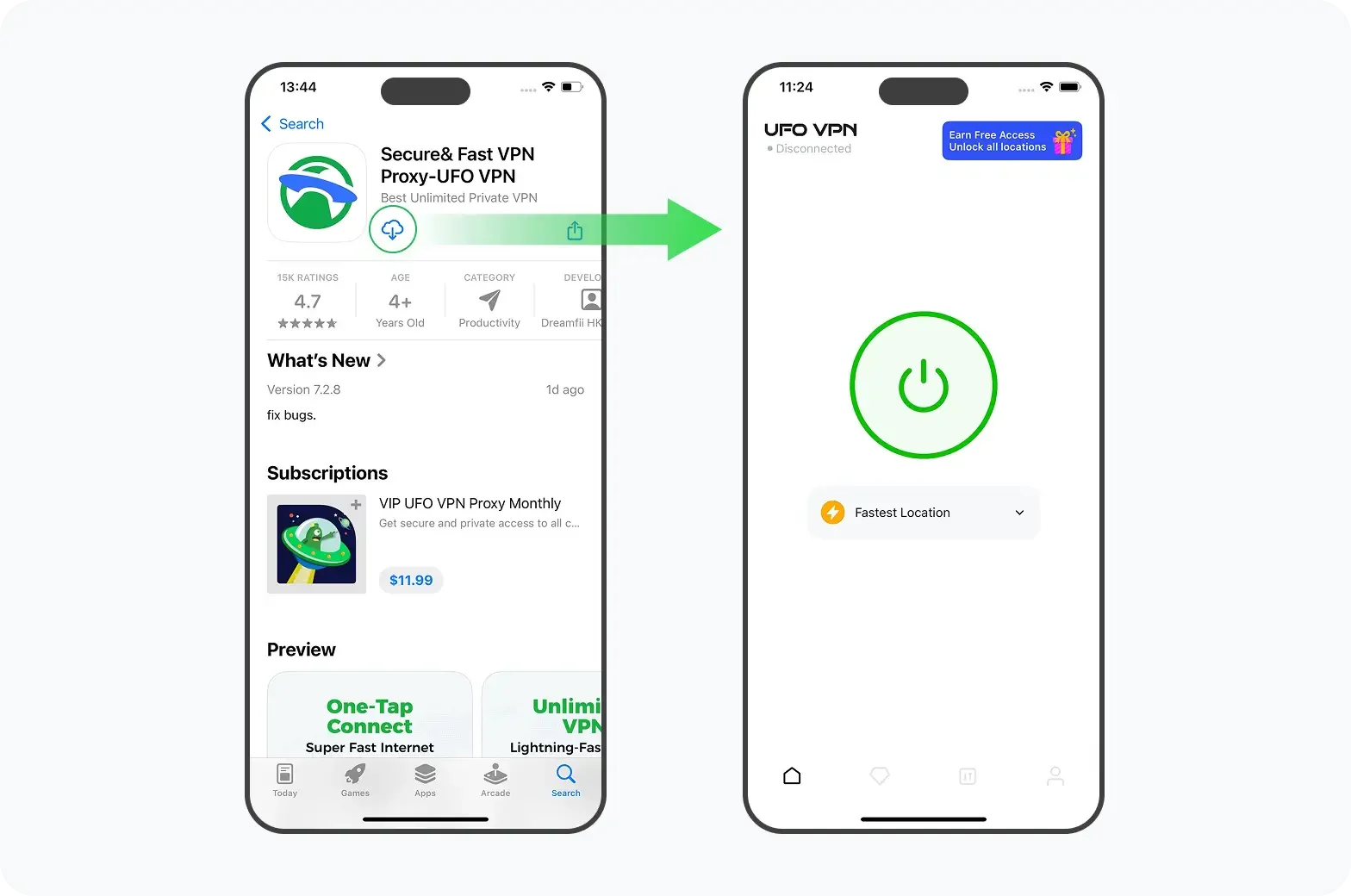 Step 2 Select a Perfect ServerHit "Connect" button for the fastest server near you instantly. Or you can choose a favorite location/platform from the server list manually for full control. UFO VPN is an all-in-one VPN companion for gaming, streaming, social media, and AI tools.
Step 2 Select a Perfect ServerHit "Connect" button for the fastest server near you instantly. Or you can choose a favorite location/platform from the server list manually for full control. UFO VPN is an all-in-one VPN companion for gaming, streaming, social media, and AI tools.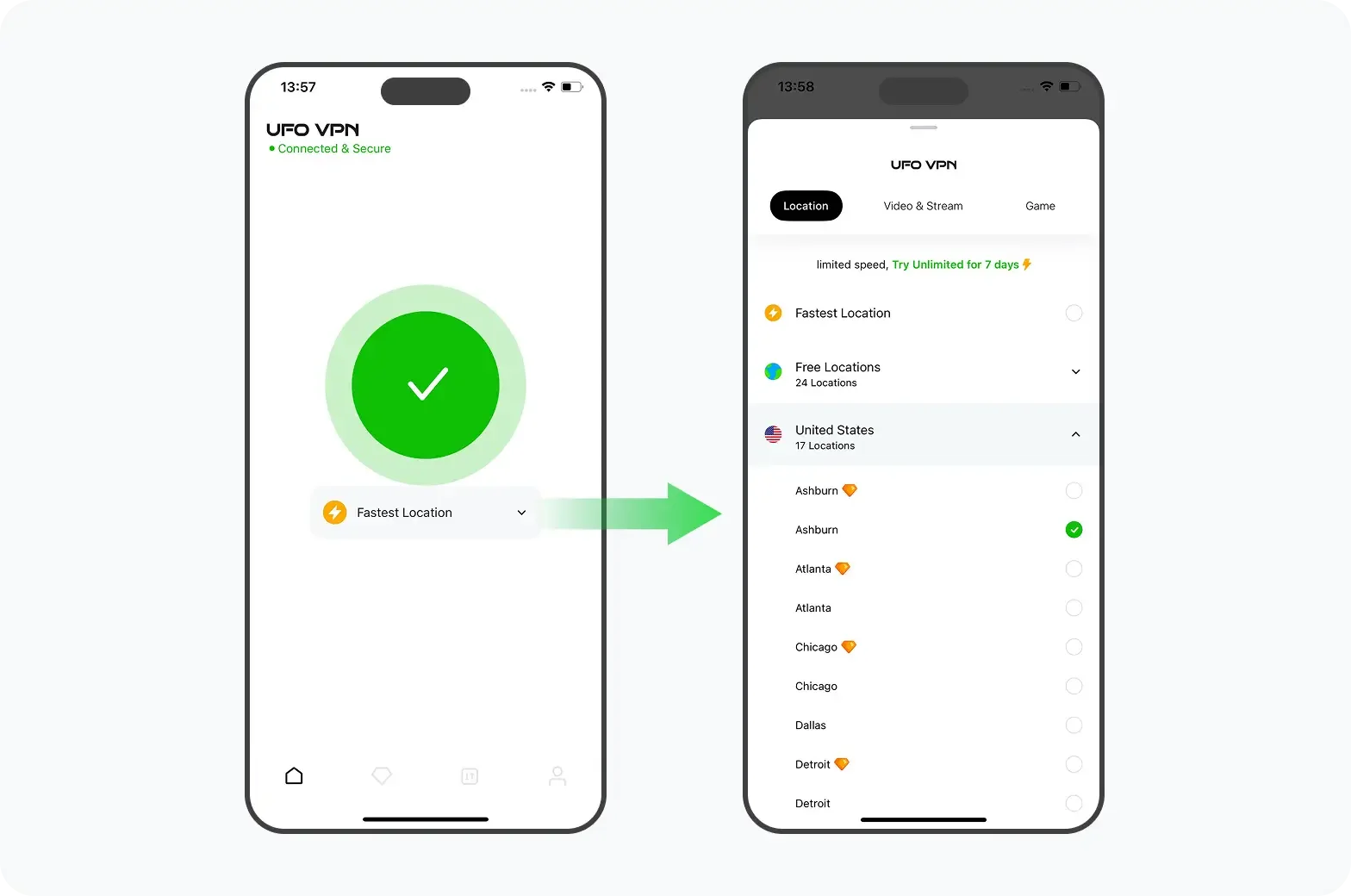 Step 3 Lookup IP and Enable Pro FeaturesNow you can check your current IP via built-in IP lookup tool. Pro features in premium plan offer you premium servers, blazing speeds, Kill Switch, Split Tunneling, and Multi-device login, so you can protect your iPhone, iPad, and other Apple devices all at once.
Step 3 Lookup IP and Enable Pro FeaturesNow you can check your current IP via built-in IP lookup tool. Pro features in premium plan offer you premium servers, blazing speeds, Kill Switch, Split Tunneling, and Multi-device login, so you can protect your iPhone, iPad, and other Apple devices all at once.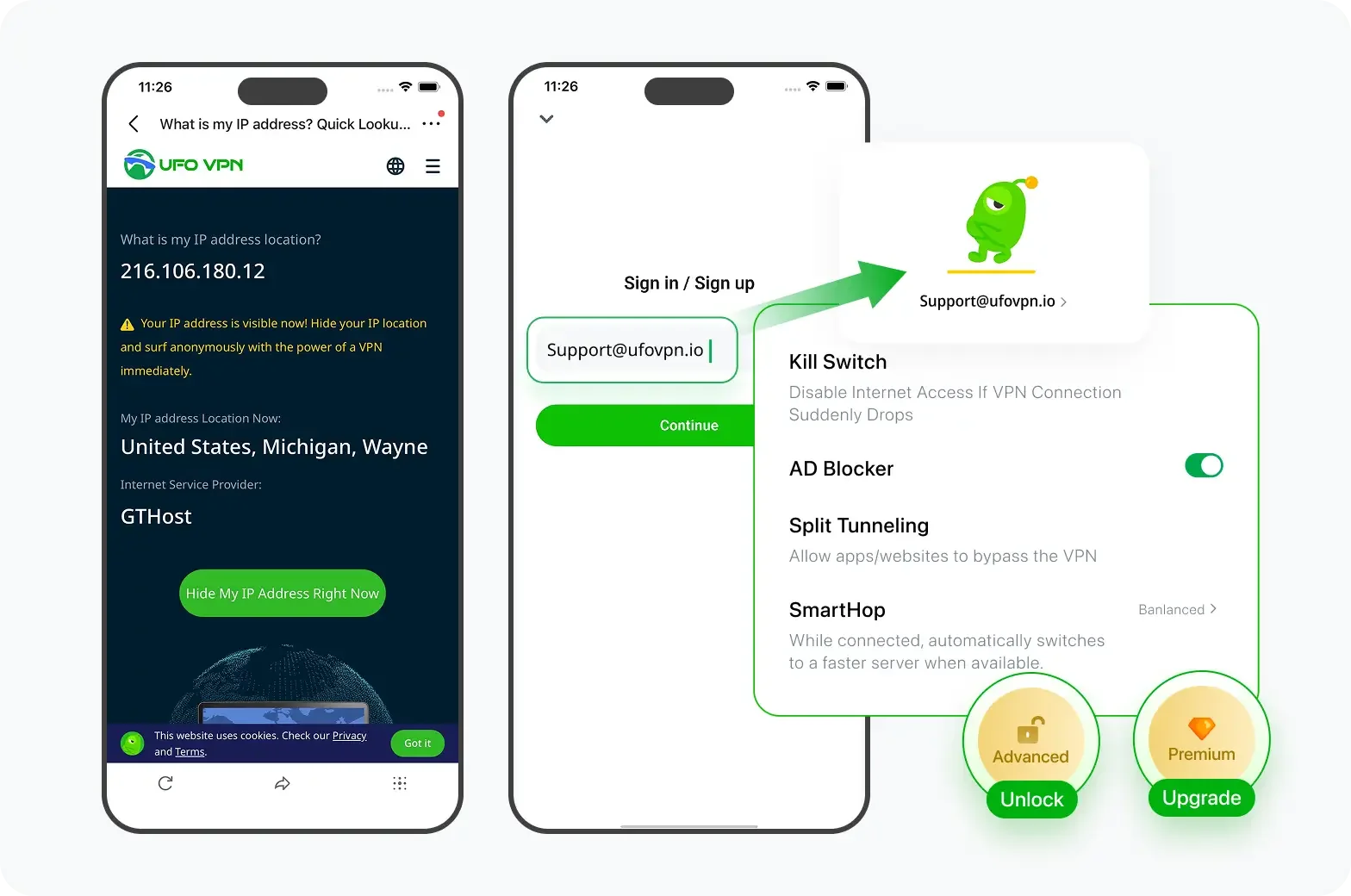 Step 1 install UFO VPN for AndroidGet free Android VPN from offcial website or Google Play Store. Follow the instructions for easy download. Then open the app and get ready to surf safely.
Step 1 install UFO VPN for AndroidGet free Android VPN from offcial website or Google Play Store. Follow the instructions for easy download. Then open the app and get ready to surf safely.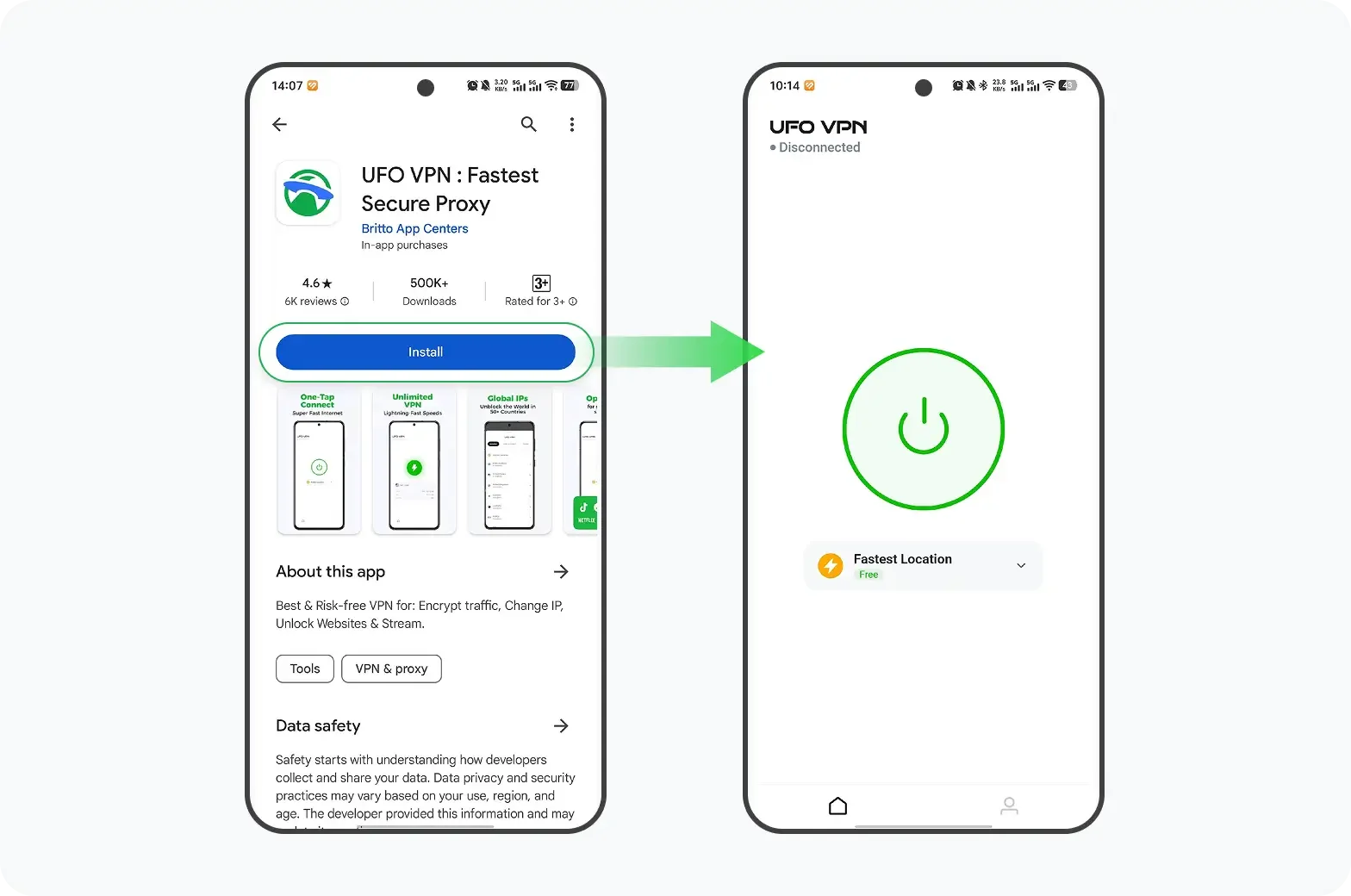 Step 2 Choose Your Ideal ServerUFO VPN is an all-in-one powerhouse for gaming, video streaming, social apps, and AI tools. The"Connect" button links you to the fastest server instantly, or you can choose among the server list manually via Location/ Video&Stream/Games for easy access.
Step 2 Choose Your Ideal ServerUFO VPN is an all-in-one powerhouse for gaming, video streaming, social apps, and AI tools. The"Connect" button links you to the fastest server instantly, or you can choose among the server list manually via Location/ Video&Stream/Games for easy access.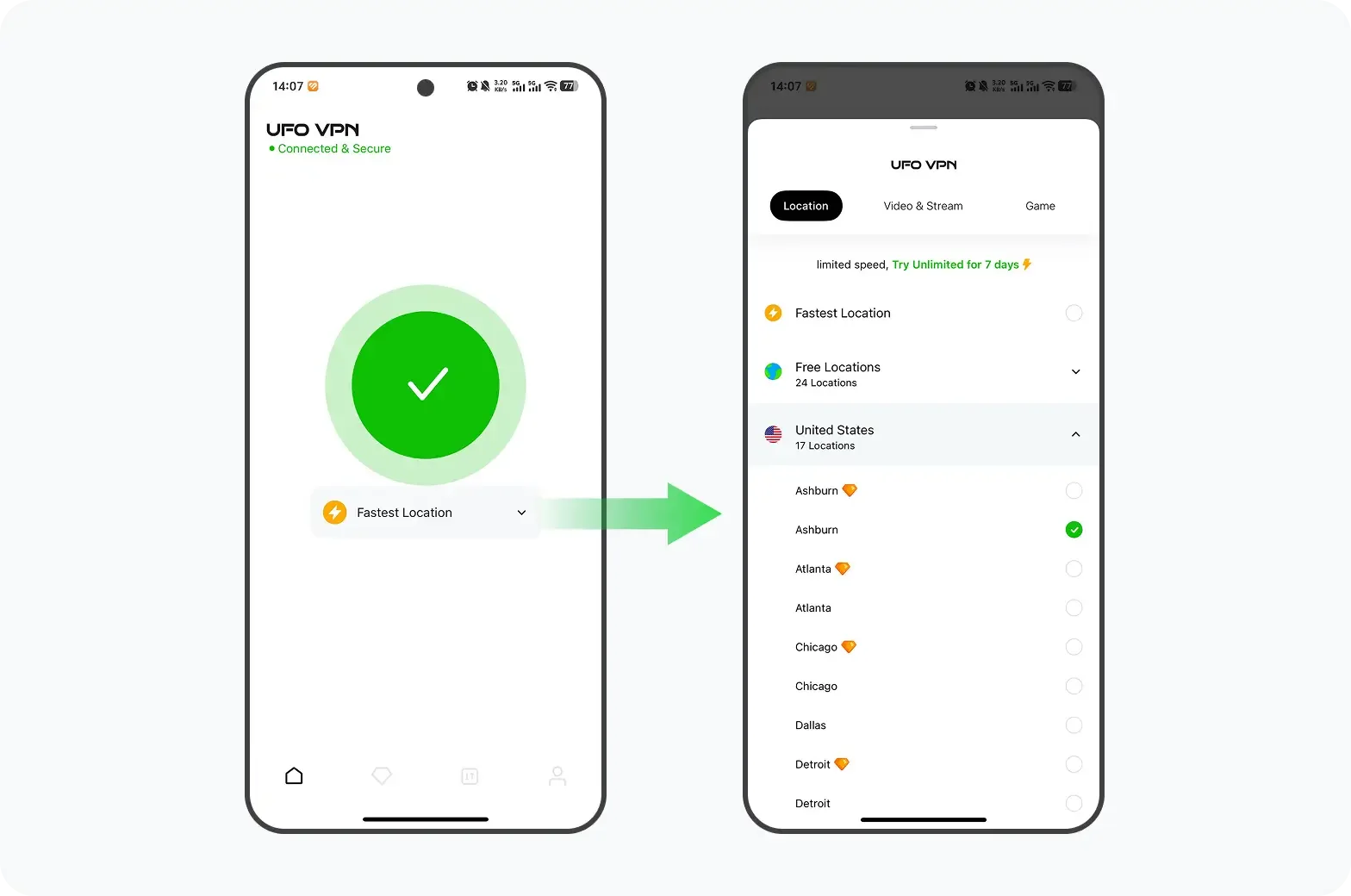 Step 3 Power Up Pro FeaturesPro users can look up current IP via built-in "What Is My IP" feature, and unlock premium features like 4K servers, turbo speeds, Kill Switch, Split Tunneling, and Multi-device login, keeping all your Android phones, tablets, and other devices safe at once.
Step 3 Power Up Pro FeaturesPro users can look up current IP via built-in "What Is My IP" feature, and unlock premium features like 4K servers, turbo speeds, Kill Switch, Split Tunneling, and Multi-device login, keeping all your Android phones, tablets, and other devices safe at once.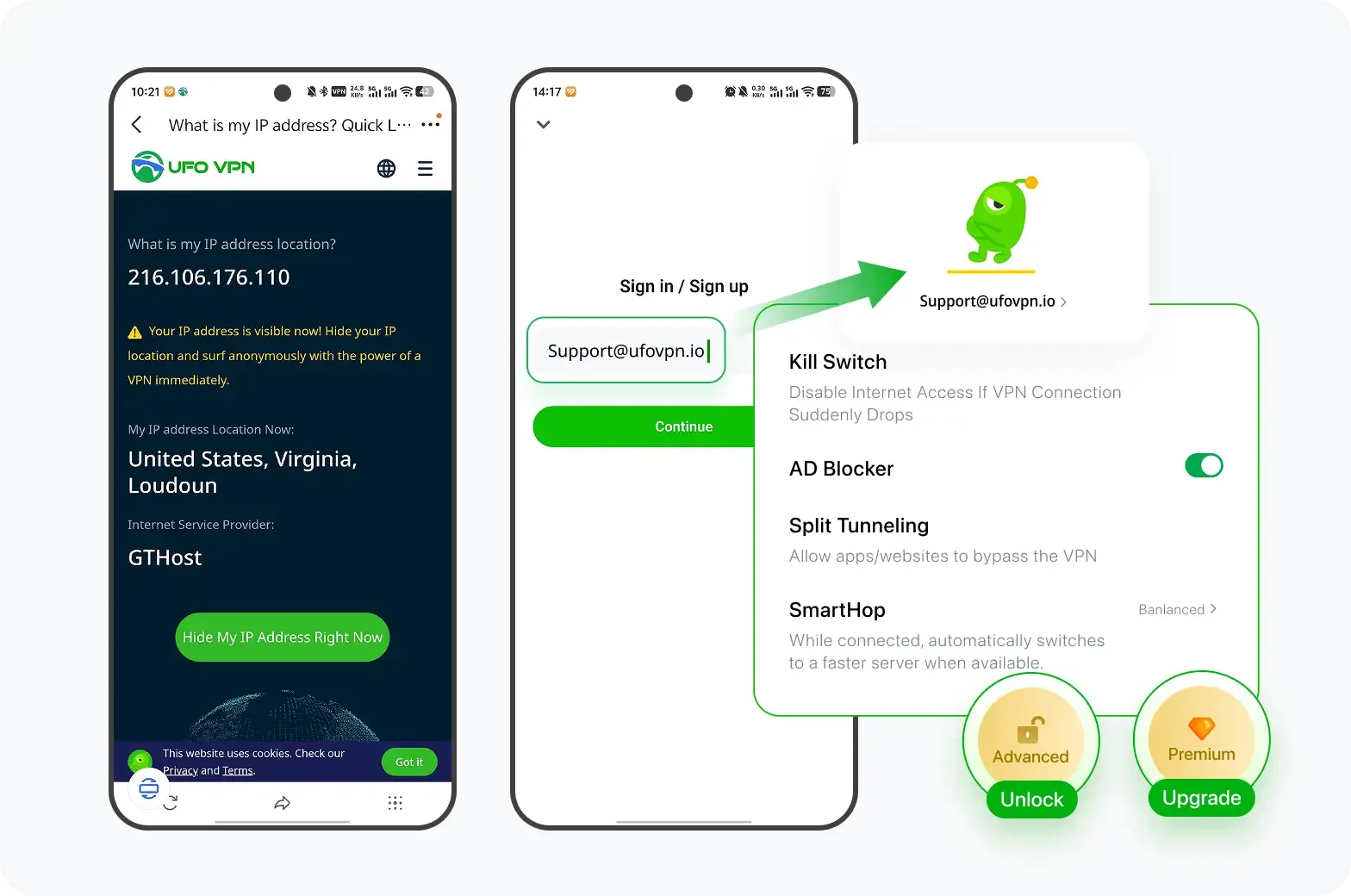
-
Bind Your Torrent Client to the VPN Interface
-
Identify the VPN adapter’s IP: on Windows, check Network Connections; on macOS/Linux, use
ifconfigorip ato find tun0/utun. -
In your torrent client preferences under network settings, set the bind IP to the VPN interface IP. Restart the client.
-
This ensures all torrent traffic goes through UFO VPN.
-
After identifying risks, we focus on making BitTorrent safe in practice. This involves trusted sources, secure client configuration, and using a VPN for BitTorrent, such as UFO VPN.
2. Choose Trusted Torrents
Always download from reputable sites or official channels. Check user comments, ratings, or digital signatures when provided. Avoid torrents with few seeders or unknown origin. This reduces malware risk.
3. Keep Your Client Updated
Use the latest version of your torrent client. Updates patch security flaws and improve performance. Enable auto-update if available. For example, install the newest qBittorrent or Transmission release.
4. Enable Client Encryption
Most clients offer optional encryption. This obfuscates traffic to basic ISP filters. It is not a full privacy solution but helps reduce throttling. Enable encryption under network settings in your client.
5. Secure Remote Access
If your client has a web UI or remote RPC, disable it if unused. If needed, restrict access to local addresses and use strong credentials. Only allow remote access when your VPN for BitTorrent is active to avoid exposing control ports publicly.
6. Disable IPv6 or Ensure VPN Covers IPv6
If UFO VPN does not support IPv6, disable IPv6 in your system network settings to prevent leaks. If UFO VPN offers IPv6 tunneling, follow its instructions to enable it.
7. Verify No Leaks
After VPN connection and binding: run an IP-check torrent or an online IP leak test. Confirm the IP matches the UFO VPN server. Run a DNS leak test in your browser. No leaks confirm correct setup.
8. Scan Downloads
Even with network safeguards, scan downloaded files with antivirus or in a sandbox. This catches any malware slipped into legitimate-looking torrents.
9. Manage Upload/Download Limits
Set reasonable speed limits in your client. Excessive upload can slow other tasks or draw attention. Under VPN, adjust caps to maintain stability.
10. Use Blocklists
Many clients let you load IP blocklists to avoid known malicious peers. Enable and update these lists regularly.
By following these steps, you greatly reduce risks and answer “is BitTorrent safe” affirmatively under proper conditions. Using a VPN for BitTorrent, especially UFO VPN, is a key layer in this defense-in-depth approach.
Best VPN Settings for BitTorrent
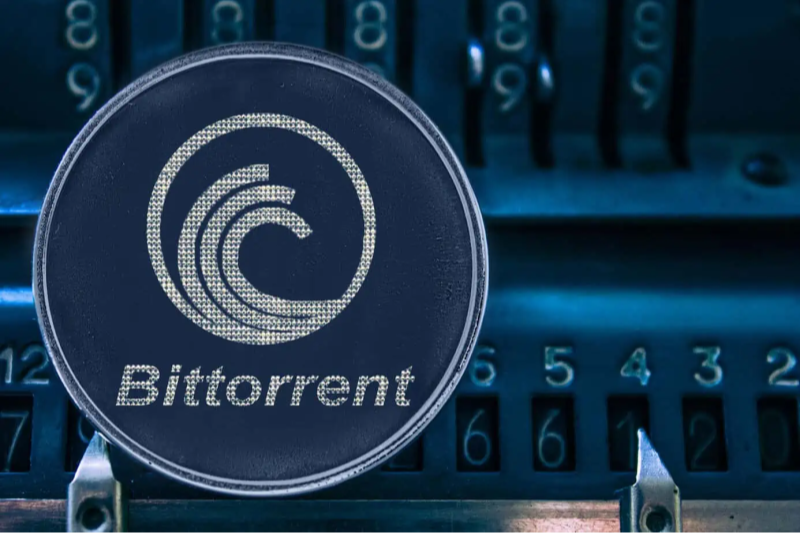
-
Enable Kill-Switch & Leak Protection
-
In UFO VPN settings, toggle on kill-switch (network lock). This blocks internet if VPN disconnects, preventing IP leaks.
-
Enable DNS leak protection so DNS queries go through the VPN.
-
Disable IPv6 in your OS if UFO VPN lacks IPv6 support.
-
-
Select P2P-Friendly Server
-
In UFO VPN’s server list, choose a server labeled for torrenting or located in a region permissive of P2P traffic.
-
Connect and confirm “Connected.” Your IP should change to the VPN server’s IP.
-
-
Bind Torrent Client to VPN Interface
-
Identify the VPN adapter IP: Windows users check Network Connections; macOS/Linux use terminal commands to find tun0/utun interface IP.
-
In your torrent client’s preferences (under network or peer settings), set the bind address to that VPN interface IP.
-
Save settings and restart the client. Now traffic exclusively travels through UFO VPN.
-
-
Choose Optimal Protocol
-
In UFO VPN, start with WireGuard for best speed. If connections fail on certain networks, switch to OpenVPN UDP. If UDP is blocked, use OpenVPN TCP or stealth/obfuscation mode if offered.
-
After switching, reconnect VPN and test torrent download.
-
-
Enable Auto-Connect & Always-On
-
Configure UFO VPN to auto-connect on system startup or when your torrent client launches. This avoids accidental unprotected torrenting.
-
Enable auto-reconnect to handle temporary drops.
-
-
Use Split Tunneling (Optional)
-
If UFO VPN supports split tunneling, include only your torrent client in the VPN tunnel. Other apps use your normal connection.
-
This saves VPN bandwidth for non-torrent tasks while keeping torrenting secure.
-
-
Regular Leak Tests
-
Periodically run IP and DNS leak tests with the VPN active and torrent client bound. Confirm no leaks.
-
After any software or OS update, re-verify these settings.
-
-
Rotate Servers and Protocols
-
Over time, server load and network conditions change. Test different P2P servers and protocols to maintain speed.
-
Keep a shortlist of servers that gave best performance.
-
-
Update Software Promptly
-
Update UFO VPN client and your torrent client as soon as new versions are available. Updates often fix bugs or improve network handling.
-
Monitor Logs
-
Check UFO VPN logs for disconnects or errors.
-
Review torrent client logs for network errors or stalled connections. Address patterns before they cause failures.
-
Test Across Networks
-
When switching to a new network (home, office, public Wi-Fi), test your VPN and client quickly with a small torrent. Note if you need to switch server or protocol.
By following these “Best VPN Settings for BitTorrent,” you maintain a stable and private torrenting environment. UFO VPN’s clear P2P server labels, kill-switch, leak protection, protocol options, and split tunneling support make it a strong choice for a BitTorrent VPN.
BitTorrent Alternatives
Some users ask “is BitTorrent safe” and still prefer alternatives. Here are notable P2P and non-P2P options. Each has its own safety profile.
1. Resilio Sync (formerly BitTorrent Sync)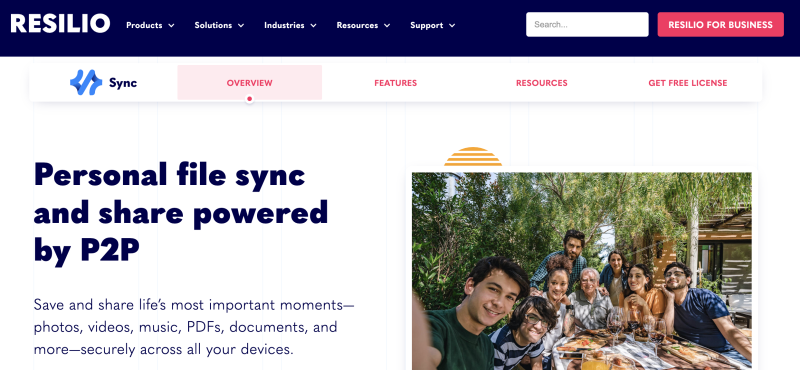
Resilio Sync uses BitTorrent protocol for file sync between your own devices. Files never go to public swarms. This reduces IP exposure. It is safe if you share only with trusted peers. For private sync, combine with a VPN to hide your IP when peers connect over the internet. UFO VPN works for this use.
2. Syncthing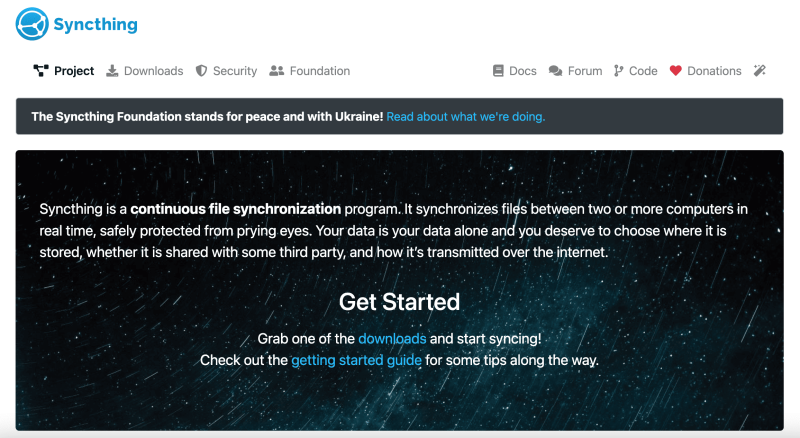
Syncthing is an open-source file sync tool. It uses direct peer connections over encrypted channels. It does not rely on public trackers. It keeps files private between your devices or trusted peers. Use a VPN for added privacy when syncing across untrusted networks. This approach avoids public swarm risks of BitTorrent.
3. IPFS (InterPlanetary File System)
IPFS is a distributed file system. It shares content via content-addressing. It may involve public peers. IP exposure can occur. To address “is BitTorrent safe” concerns with IPFS, use a VPN to mask your address. Content can be cached across nodes. Users need caution when accessing unknown content. A VPN for IPFS use adds privacy.
4. HTTP/HTTPS Direct Downloads
For many files, direct downloads via HTTP or HTTPS from reputable servers remain the safest. No P2P exposure or IP leaks to unknown peers. If a site is trusted, this may answer “is BitTorrent safe” by avoiding P2P entirely. However, this depends on server bandwidth and availability.
5. Cloud Storage Services
Services like Dropbox, Google Drive, or Nextcloud allow sharing files securely with selected users. This avoids P2P entirely. It is safe if you trust the service and set proper permissions. A VPN for general privacy still helps when accessing these services on untrusted networks.
6. Private Tracker or Seedbox
Some prefer private torrent trackers or seedbox services. A seedbox runs the torrent client on a remote server, then you download via SFTP/HTTPS. This hides your IP from public peers. It reduces local bandwidth use. Yet you still trust the seedbox provider. A VPN for connecting to the seedbox adds another layer of privacy.
7. Decentralized Messaging/Sharing Apps
Apps like SecureDrop or OnionShare use anonymized networks (e.g., Tor) for file sharing. They protect both sender and receiver identities. However, speeds may be low. This can be safer than BitTorrent when sharing sensitive files. Using a VPN alongside Tor can add further layers, but caution is needed to avoid leaks.
Each alternative has pros and cons. When readers ask “is BitTorrent safe,” alternatives may offer a different risk profile. For public file sharing, BitTorrent remains efficient but carries IP exposure risks. Using a VPN for BitTorrent reduces those risks. For private file sync or sharing among trusted peers, tools like Syncthing or Resilio Sync can avoid public swarms. Combining any alternative with a VPN, such as UFO VPN, enhances privacy when peers connect over the internet.
FAQs
Can a VPN make BitTorrent completely safe?
A VPN addresses privacy and network-level risks but does not eliminate all dangers. You still need to choose trusted torrents, update your client, and scan downloads for malware. Together, these layers make BitTorrent much safer.
How do I verify my torrent client uses the VPN?
Bind the client to the VPN interface in settings. Then start a test torrent that shows your IP. Confirm the reported IP matches the VPN server. Regular leak tests ensure ongoing protection.
How to prevent DNS or IPv6 leaks?
Disable IPv6 in your system if UFO VPN does not support IPv6. Enable DNS leak protection in UFO VPN settings. After setup, run leak tests during torrenting to confirm no leaks occur.
Do I need port forwarding for BitTorrent under VPN?
Port forwarding can boost incoming connections and speeds. If UFO VPN supports port forwarding, set the forwarded port in your client. If not, rely on DHT and peer exchange; downloads still work but may connect to fewer peers.
What if the VPN drops mid-download?
With kill-switch enabled, your internet connection halts when VPN drops, preventing IP leaks. Once VPN reconnects, resume the download. Enable auto-reconnect in UFO VPN to minimize interruptions.
How often should I update the torrent client and VPN?
Update whenever new versions appear. Updates fix security flaws and improve networking. After updates, re-check binding and leak protection settings to avoid silent failures.
How do I choose trusted torrents?
Use reputable torrent sites or official trackers. Check user comments, ratings, and checksums. Avoid torrents with few seeders or unknown origin to reduce malware risk.
What client settings improve BitTorrent safety?
Enable encryption, bind to VPN interface, use blocklists, set reasonable speed limits, disable or secure remote-access features, and keep software updated.


